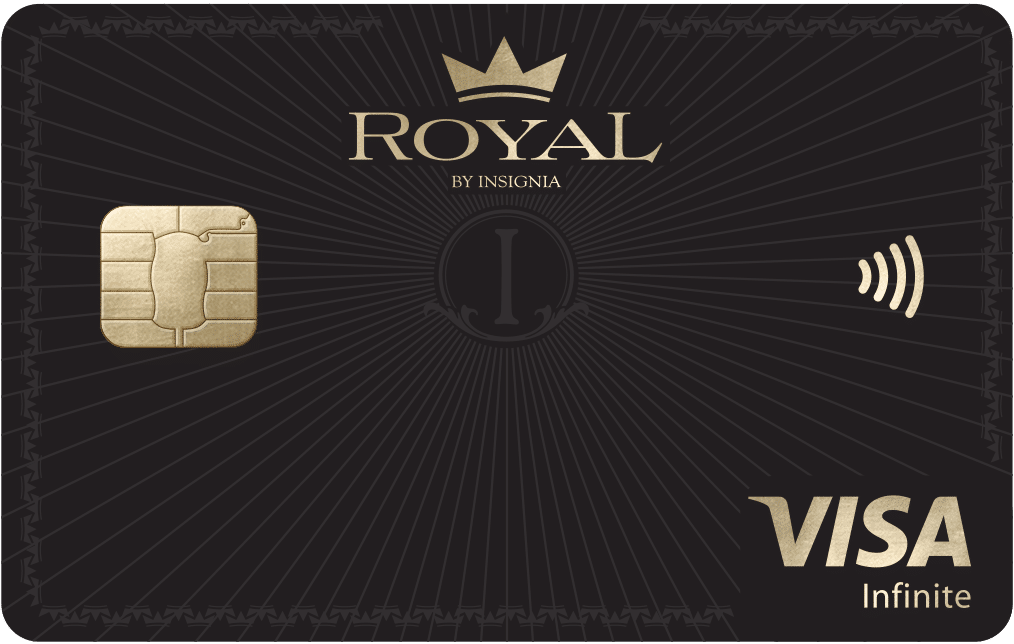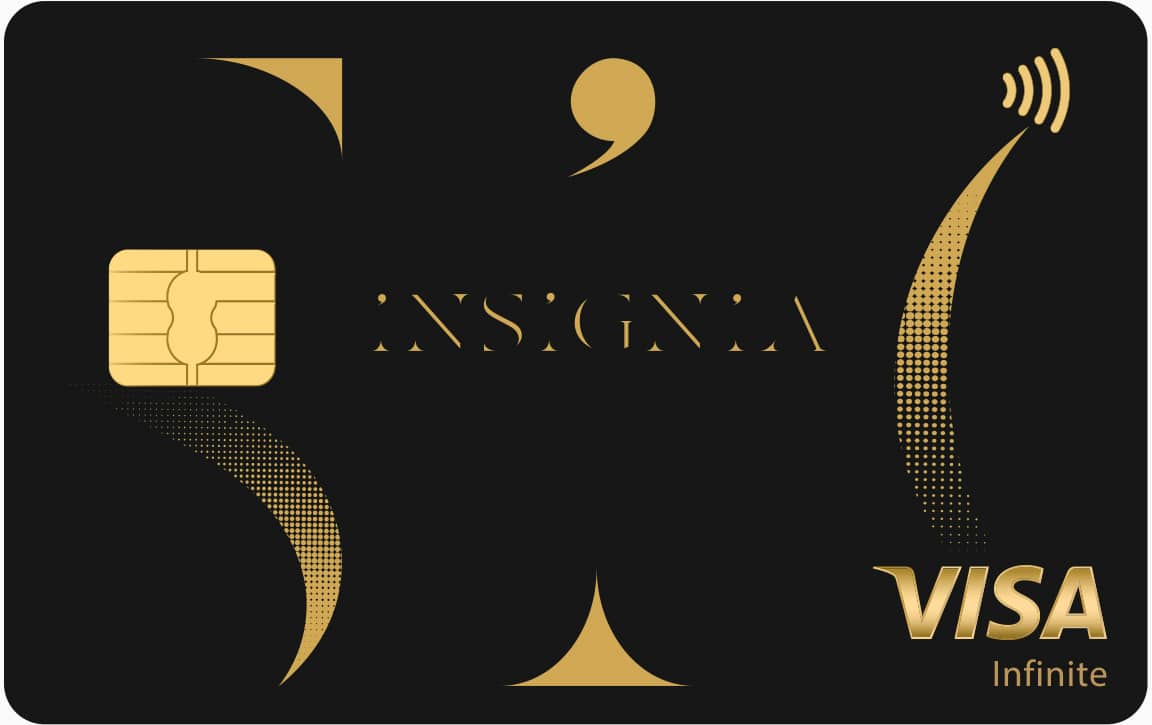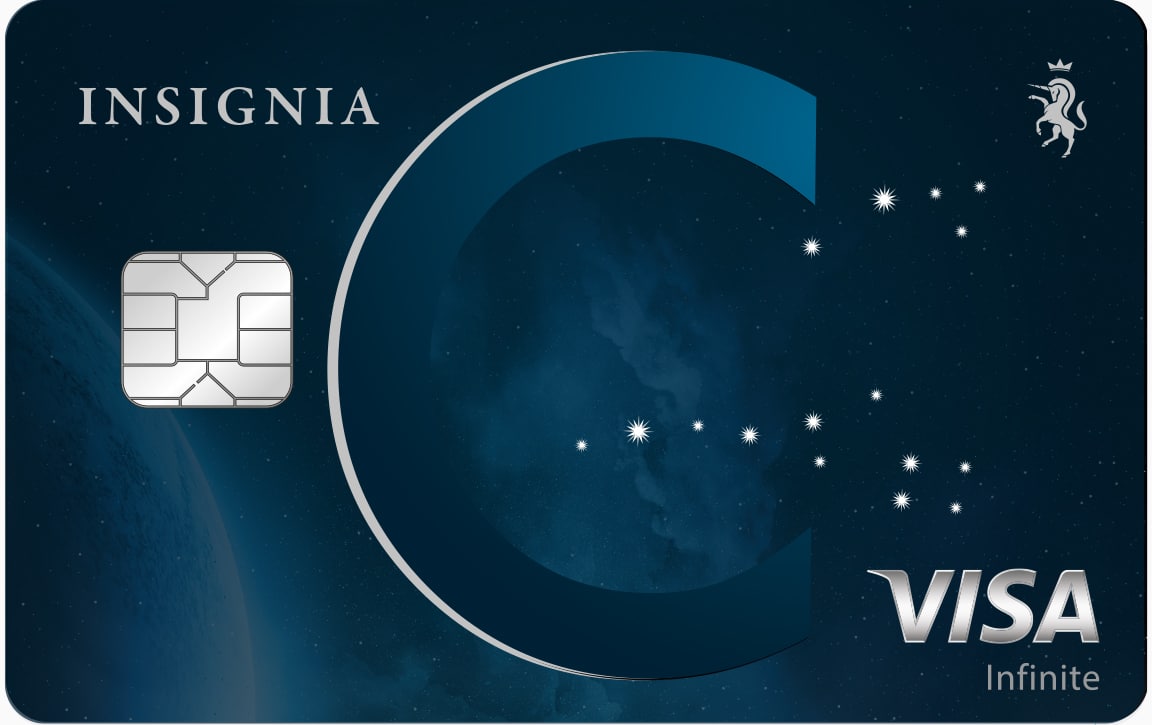In recent years, consumers have quickly become comfortable with artificial intelligence (AI) and machine learning (ML) technologies in their private residences. Interconnected SMART gadgets like Philips Hue, Google Home and Amazon’s Alexa, among others, have become staples in front rooms around the western world.
But it’s not just consumers who have a vested interest in AI and ML; businesses too are becoming increasingly aware of how these technologies could transform their production and profit margins. According to Gartner, around 37 per cent of all organisations surveyed are utilised some form of AI in their business last year, expected to grow to a whopping 80 per cent by 2020.
Following continued breakthroughs with AI and ML, the question isn’t so much whether businesses will adapt so much as it is what will happen to those that don’t. Forrester estimates that AI-driven organisations will draw $1.2 trillion per annum from non-AI organisations, a figure growing at an average of more than 30 per cent annually meaning $1.8 trillion by the end of next year.
In recent years, there has been a lot of discussion around the impacts of increased automation with mass unemployment and universal basic income mooted as inevitable outcomes. But the World Economic Forum takes a different view, estimating that the ‘Robot Revolution’ will create 58 million more jobs over the next five years. The problem won’t be job losses but training enough people quick enough with the skills required to maximise the potential of AI and ML.
In the wake of mass unemployment caused by the pandemic and uncertainty over whether v-shaped recoveries are on the horizon, AI and ML could be the golden ticket that gets global economies back on track and stronger than ever before.
AI and ML are extremely broad, touching almost every conceivable industry from the military, healthcare and education to the private sector, the free market and beyond. Here we briefly examine a snapshot of areas where we think it will make significant strides next year.
AI Supply Chains
From anticipating orders to managing deliveries, AI has the power to increase efficiency in all areas of the supply chain drastically, and some big-name players are already firmly on board. Two years ago, Rolls Royce partnered with Google to create autonomous ships replacing 20-plus crew members per vessel. The ships use AI algorithms to monitor their surroundings in the water and assess the danger they pose to it. This makes them not only faster but safer as they can avoid potential hazards and extreme weather conditions.
UPS uses ORION (On-road Integrated Optimisation and Navigation), an AI-driven GPS tool to assess optimal routes for its fleet while avoiding traffic. This technology allows the company to save time and money while reducing its emissions. The company estimates that its GPS helps it to streamline routes resulting in a reduction of approximately 100 million miles.
Next year, we can expect to see more of these examples as successful pilot projects with AI experimentation come to fruition. But there is more than just a time and cost-benefit. AI promises ethical improvements also. As the technology continues to grow in sophistication, it will advance end-to-end supply chain transparency. This transparency in regions where suppliers source from multiple small local operations could be key towards ending practices such as child or forced labour.
AI Ethics
While we’re on the topic of ethics, let’s dive a little deeper. While AI and ML hold the potential for transforming lives for the better, nefarious uses cannot be overlooked. In a Joe Rogan podcast, Tesla CEO Elon Musk warned that AI is moving too fast for regulators to keep up. He argued that by the time governments understand the threats of certain AI manipulations, they’ve already been realised and exploited.
While payment cards have transformed how we move money and make purchases, the financial services industry has been plagued by combating fraud ever since money went electronic. If AI has the potential to change industries for the better, it poses risks and threats to those industries also and strategies need to put in place to mitigate against them.
While we’re not quite at Skynet territory just yet, think of the chilling reports of Apple, Google, and Amazon smart speakers listening to the conversations of their owners. And if that’s concerning, it pales in comparison to reports that AI-powered tools and baby monitors are used to spy on children. If people like Mark Zuckerberg and Bill Gates are putting blocker tape over the webcams of their personal computers, it’s likely not without good reason.
AI algorithms promise to streamline business processes saving time and money as we’ve already seen. But we’ve also witnessed algorithm modelling fiascos, such as the a-levels scandal in Britain where students unable to sit exams due to the pandemic were graded based upon factors such as predicted grades. It doesn’t matter that the algorithms call it right 97 per cent of the time, it matters in the 3 per cent of cases where it gets it wrong and ruins a person’s life chances through no fault of their own.
Once AI becomes a more significant factor in financial institutions and courthouses, expect more stories about when things go wrong, and people are discriminated against unfairly. Governments and regulators need to steal a march on this starting as soon as possible. The absence of best practices and reports of privacy breaches means organisations, advocacy groups, think-tanks and authorities need to get busy creating frameworks for the next iterations of AI that lie ahead.
Conversational AI and Smart Assistants
Okay, so chatbots aren’t exactly new, but their potential is still in its relative infancy. According to eMarketer forecasts, almost 100 million smartphone users are using voice assistants this year, and it is estimated that voice-activated tech is likely to increase over the coming years featuring in phones, TVs, fitness trackers, cars and more.
Reinforcement learning, whereby AI software is programmed with numerous conditions that define the action performed by it, is enabling smart assistants to begin to fulfil their potential finally.
Emotion recognition is viewed as a prominent element for open-domain chatbots with analysts researching ideal approaches to implement empathy into dialogue frameworks. It is envisaged that far from taking simple instructions for which department to be routed to or advice on the local weather, advanced conversational AI could be used in future for assisting with legal or medical advice.
There have already been extraordinary advances with legal bots and, as an evolution of the health tracking data on their range of watches, Apple wants Siri to be able to have health-focused conversations with users in the not too distant future.
One example of conversational AI can be found in the Mattersight Corporation, which has developed Predictive Behavioural Routing. Its AI call centre technology analyses the speech patterns of callers. It matches them up with human operatives with compatible personality types allegedly cutting the call duration in half as a result.
One of the challenges of smart assistants is that there’s a broad range of things they’re trying to do but have obvious restrictions. Because of this, the way and shape that they evolve could depend on why they’re needed. For example, while Alexa currently exists within a cylinder-shaped speaker today, future iterations could exist in the shape of a robot companion for assisting the elderly in care homes, or in conjunction with augmented reality. Think Disney characters transformed as holograms to help tourists navigate their theme parks, for example.
RE’FLEKT is a company that already uses augmented reality for this purpose. Their TeleServices Smart Assistant is a remote-control tool that combines video broadcast and AR to provide highly effective visual assistance. Rather than having an engineer onsite, this technology allows for them to assist with repairs or maintenance remotely.
Another evolutionary path for smart assistants is for them not to exist as holograms or robots but to have no physical appearance at all. Voice assistants could be integrated into the fabric of smart homes or smart offices, all interconnected through cameras and sensors that respond to your voice.
But even the idea that smart assistants should be limited to voice commands diminishes the number of ways we could fully engage and interact with them. Facial recognition, emotion-tracking technology, an increasing spectrum of biometrics and possibly mind-reading tech could all be utilised to make our relationship with smart assistants increasingly interactive.
AI Healthcare
AI will also transform healthcare and wellbeing over the next decade. Today, it is being used by pathologists to make diagnoses of illnesses and ailments more accurate. By collecting the data for different types of cancers and using it to build predictive models, AI will not only help to diagnose the disease but will capture it earlier, giving the patient a much-improved chance of successful treatment.
Biopharmaceutical companies faced with the challenges of overcoming the high attrition rates in drug development are using AI to develop new medicines. For example, Atomwise has assisted in the invention of potential new drugs for 27 diseases. It is the first Deep Learning technology for novel small molecule discovery and is working with top institutes like Harvard University and Stanford University.
With an increase in population comes an increase in the number of patients globally requiring healthcare. This creates an extra logistical strain with data processing. Healthcare facilities are using AI for better management of patient’s data. OLIVE is one such platform that automates the healthcare industry’s tasks.
Finance
Last year, a study found that 77% of consumers preferred paying with a payment card compared to only 12% who favoured cash. As a result of the pandemic, most of that 12% have had the cash option removed altogether, meaning that we now live in an almost wholly digitalised payment world, certainly in the West. As a result of this increase, the inevitable threat of fraud runs parallel, with $24 billion lost to fraudulent transactions worldwide in 2018 alone.
The good news is that AI and ML are helping the financial services industry to streamline and optimise processes. Not only does this mitigate against fraud with bolstered financial risk management and enhanced cybersecurity, but it extends to making more accurate credit decisions and smart strategies around quantitative trading.
Let’s look at fraud first. AI uses past spending behaviours on transactions to highlight unusual activity. For example, a single payment card processing two different charges from two different countries within a small timeframe. It also flags up issues such as irregular transaction values or patterns such as a series of transactions with the same merchant or multiple ATM withdrawals in a short period etc. The importance of machine learning in existing AI fraud detection is that it will continue to refine these parameters to make increasingly accurate judgments moving forward.
Darktrace creates cybersecurity solutions that analyse network data and detects suspicious activity before it can cause damage. Global financial software firm Ipreo recorded immediate results in real-time threat detection. Similarly, Vectra has created a platform that automates threat detection. When employed by the company Cognito, it immediately identified a misconfiguration in the exchange’s authentication systems of its client, Cognito, that would have otherwise gone unnoticed. AI tools are also being used by cybersecurity companies to detect viruses and malware.
AI is also changing the way banks and credit lenders make underwriting decisions and risk assessments. Quickly replacing human financial analysts, AI has two distinct advantages. Firstly, it can process more data much faster than any person can. Secondly, with machine learning, it is much less prone to errors and inaccuracies over time.
In Los Angeles, Zest Finance has created an AI-powered underwriting platform (Zest Automated Machine Learning) that helps companies assess borrowers with little to no credit information or history. Using thousands of data points, ZAML provides transparency that other underwriting systems cannot, helping lenders better assess alleged ‘at risk’ applicants.
Fintech companies around the world are waking up to the potential of AI. In the days following Brexit, traders with access to Kensho’s AI-powered database quickly predicted an extended drop in the British pound. At the same time, AyasdiAI’s AML solution has cut investigative volume by 20 per cent.
Others are using AI-powered computers that can analyse large and complex sets of data to make smarter and more strategic trading decisions. For example, AlphaSense’s AI-powered search engine analyses keyword searches within filings, transcripts, research and news to discover changes and trends in financial markets which is helpful for brokers, investment firms and Fortune 500 companies.
Kavout uses machine learning and quantitative analysis to process massive amounts of data, such as SEC filings and price patterns. It then condenses the information into a numerical rank for stocks known as the Kai Score. It’s Top Picks Portfolio boasts a 21.9% compound annual growth rate (CAGR), vastly outperforming the S&P 500’s 13.3% CAGR.
The technologies examined here aren’t even the tip of the iceberg when it comes to the spectrum of industries and businesses that will be touched by the AI and ML revolution that lays ahead. And while it’s difficult to predict which of these technologies will come to the fore next year or be introduced more broadly across the decade, what’s undeniable is that AI and ML will be shaping our future for years to come.






















